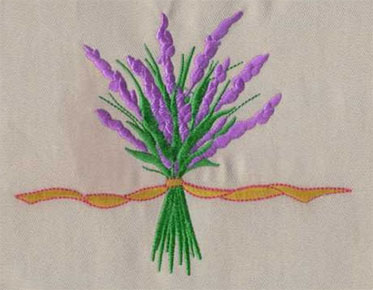Exploring the Versatility of Vector Art for Creating Design Variations
Vector art is a versatile medium that allows
designers to easily manipulate and create variations or alternate versions of a
design. With its scalable and editable nature, vector art provides a flexible canvas for creative exploration.
This article delves into the capabilities of vector art in facilitating design
variations, highlighting its key features and the role of vector art conversion
services.
I. Scalability: Maintaining Quality Across Sizes
Vector art's scalability is one of its most
significant advantages, enabling designs to be effortlessly resized without
losing quality or detail. This feature allows designers to create variations of
a design in different sizes while preserving its visual integrity.
II. Editable Elements: Flexibility for Customization
Vector art design is composed of individual elements that can be easily selected and modified. Designers can manipulate these elements to create variations by adjusting shapes, colors, sizes, or positions within the design. This flexibility empowers designers to explore different creative directions and adapt designs to specific requirements.
III. Layers and Groups: Organizing and Modifying Design Components
Vector design software often supports layers
and grouping functionalities, facilitating efficient organization and
modification of design components. By grouping elements or utilizing layers,
designers can easily isolate and modify specific parts of the design, enabling
the creation of variations while maintaining overall design consistency.
IV. Effects and Styles: Enhancing Visual Variety
Vector design applications offer a wide range of
effects, filters, and styles that can be applied to vector objects. Designers
can experiment with these features to create variations in the visual style of
a design, adding textures, gradients, or shadows to achieve different effects
and moods.
V. Artboards or Pages: Multiple Versions Within a Single File
Many vector design applications support
multiple artboards or pages within a single file. Designers can take advantage
of this feature to create different versions or variations of a design within
one file, facilitating easy comparison and iteration of different options.
VI. The Role of Vector Art Conversion Services
Vector art conversion services play a valuable role in enabling designers to manipulate and create variations of designs. These services assist in converting raster images into scalable vector formats, providing designers with a foundation for customization and variation. With their expertise, they ensure the accuracy and quality of the converted vector files, allowing for seamless editing and exploration.
FAQs:
1. Can vector art conversion services convert
any type of raster image into vector format?
Vector art conversion services are designed to
handle various types of raster images, including photographs, logos, and
illustrations. However, the complexity of the image and the level of detail may
affect the conversion process.
2. How do vector art conversion services
contribute to the manipulation of vector art?
Vector art conversion services provide
designers with accurately converted vector files that serve as a starting point
for customization and variation. These services ensure the conversion is done
professionally, allowing designers to leverage the editable nature of vector
art.
3. Can vector art conversion services assist
in creating variations of existing designs?
Yes, vector art services can convert existing designs into vector format, enabling
designers to easily manipulate and create variations. By starting with a high-quality
vector base, designers can explore different variations and adaptations with
precision and ease.
Conclusion:
Vector art offers designers unparalleled
flexibility in creating variations or alternate versions of a design. Its
scalability, editable elements, layers, and effects enable seamless
customization and exploration. Additionally, vector conversion services play a crucial role in providing
designers with accurately converted vector files, facilitating the manipulation
and creation of design variations. With vector art as a versatile medium,
designers can unleash their creativity and deliver captivating and unique
designs.



